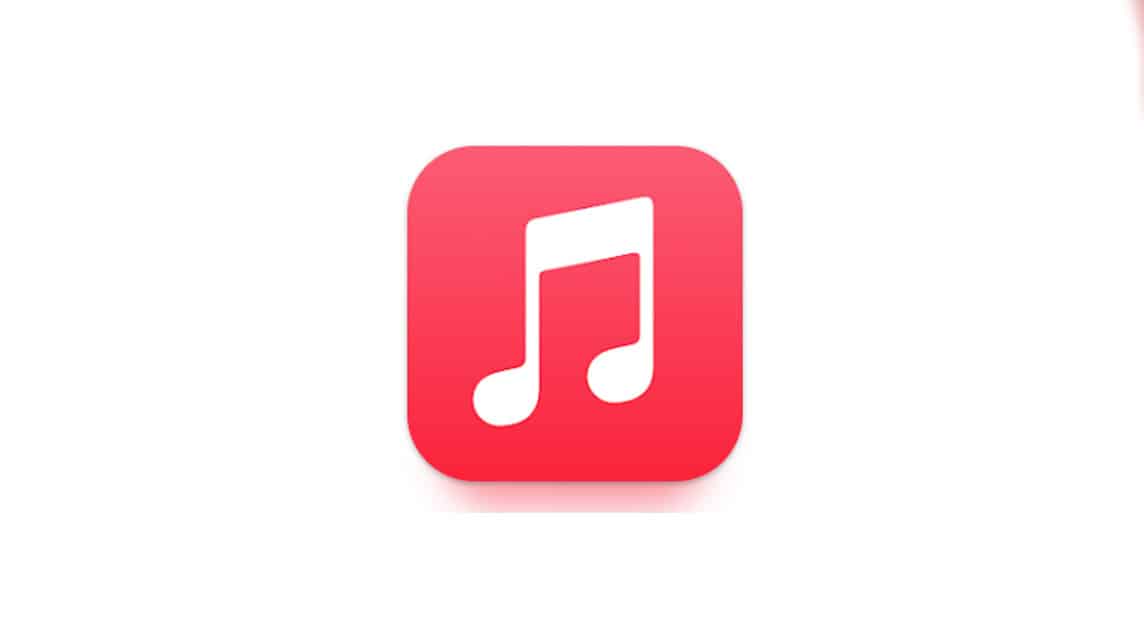MP3 has changed the way we listen and share music. With this digital audio format, we can have a large music collection and easily share it with other people.
However, there are several questions that arise when we talk about sharing MP3 collections, namely legality and ethical issues.
This article will discuss these issues in depth, providing an understanding of what is permitted by law and what is considered ethical in the world of MP3 sharing.
Cheapest MLBB Diamonds!


 TopMur
TopMur

 TopMur
TopMur

 BANGJEFF
BANGJEFF

 TopMur
TopMur

 TopMur
TopMur

 KING OF DIAMONDS
KING OF DIAMONDS

 TopMur
TopMur

 TopMur
TopMur

 TopMur
TopMur

 KING OF DIAMONDS
KING OF DIAMONDSAlso read: How to Download Tiktok Sound to WA in Mp3 Form
Legality of Sharing MP3 Collections

Before we discuss ethics, let's discuss the legality of sharing MP3 collections. First of all, it is important to remember that copyright protects works of art, including music, as soon as they are created.
This means that, as a matter of law, you can't just take a song from an album and share it with someone else without permission.
However, there are some exceptions that allow sharing MP3 music legally. For example, you can buy music from official online stores such as iTunes or Amazon which you can download using MP3Juice, and you are permitted to make personal copies for your own use.
In addition, Fair Use laws in some countries allow the use of copyrighted works in the context of education, research, or news reporting, as long as the use is considered fair.
Also read: The easiest way to download MP3 songs, use this trick!
Piracy and Hacking
One of the main problems with MP3 sharing is piracy. Piracy is the illegal act of downloading or sharing music without the copyright owner's permission. This is detrimental to artists, record companies, and the music industry in general.
Hacking is an illegal practice that involves exploiting security gaps in a music website or platform to access music without paying.
Piracy and hacking are examples of illegal acts in MP3 sharing. This is not only against the law, but also detrimental to artists and the music industry as a whole. So, if you want to share your MP3 collection, make sure to do it legally.
Creative Commons License
On the other hand, there are also musical works that are licensed under Creative Commons. This license gives the owner of the work more freedom to define how others can use the work.
Some Creative Commons licenses allow sharing, even for commercial purposes, as long as you comply with the license terms.
This is a legal way to share music with others, but you should make sure to understand the type of license that applies to the musical work you want to share. There are different types of Creative Commons licenses, and each type has different rules.
Also read: How to Download TikTok MP3 Using sssTik!
Ethics of Sharing MP3 Collections
Apart from legal issues, we also need to consider the ethics of sharing MP3 collections. Although an action may be legal, it is not necessarily ethical. Here are some ethical considerations you need to think about when sharing MP3s:
- Respect Works of Art: This is someone else's work of art, and you should respect their rights. If you enjoy someone's music, consider purchasing the album or song to support the artist.
- Don't Plow: Avoid piracy. Downloading illegal music or sharing music without permission is detrimental to artists and the music industry.
- Use Creative Commons Licenses Wisely: If you share a work licensed under Creative Commons, be sure to comply with the terms of that license.
- Give Credit: If you use music in your project, give credit to the music creator. This is an ethical act and respects the hard work of others.
Also read: How to Convert Video to Audio, Very Easy and Simple!
Conclusion
Sharing MP3 collections is a common activity, but it is also a complex issue. It is important to understand the legality and ethics behind such actions.
You can share music properly if you understand copyright, avoid piracy, and respect other people's art.
If you share a Creative Commons licensed work, be sure to follow the license terms carefully. This way, you can enjoy music in a legal and ethical way.








